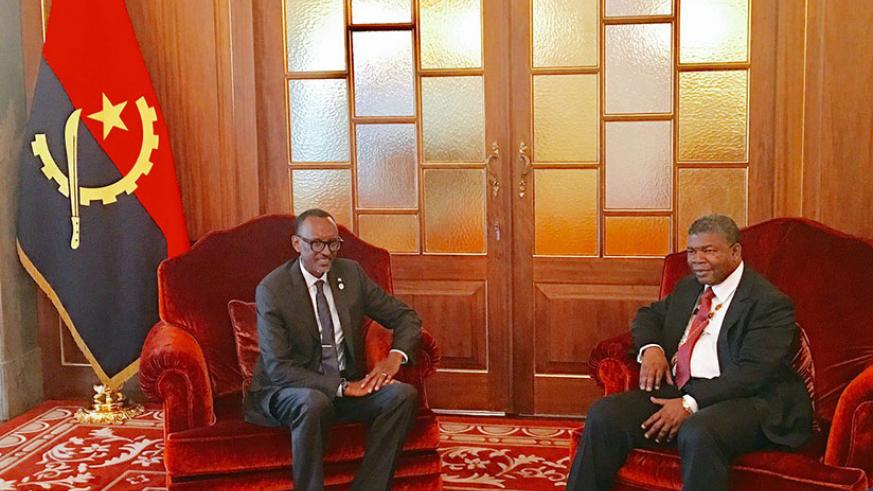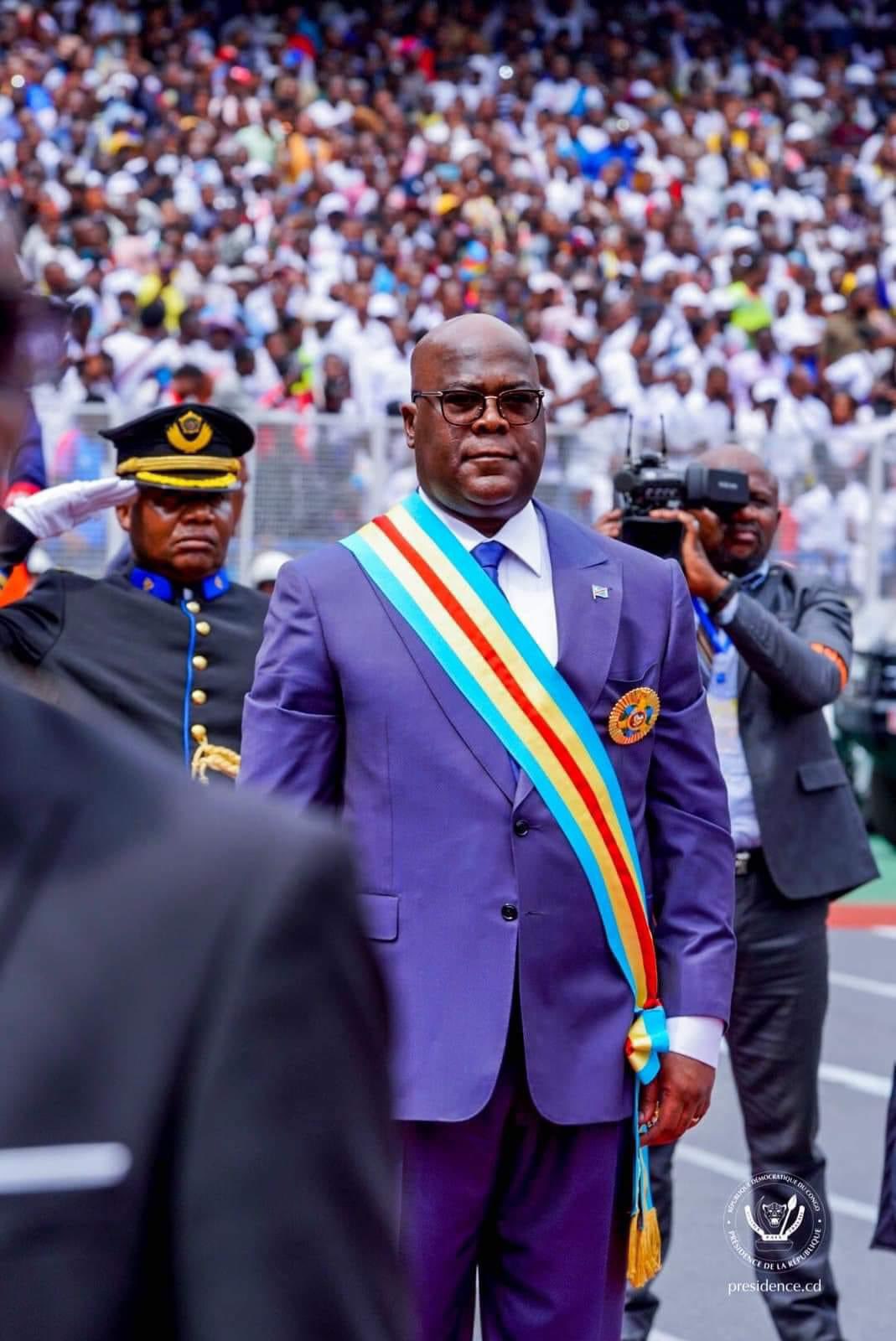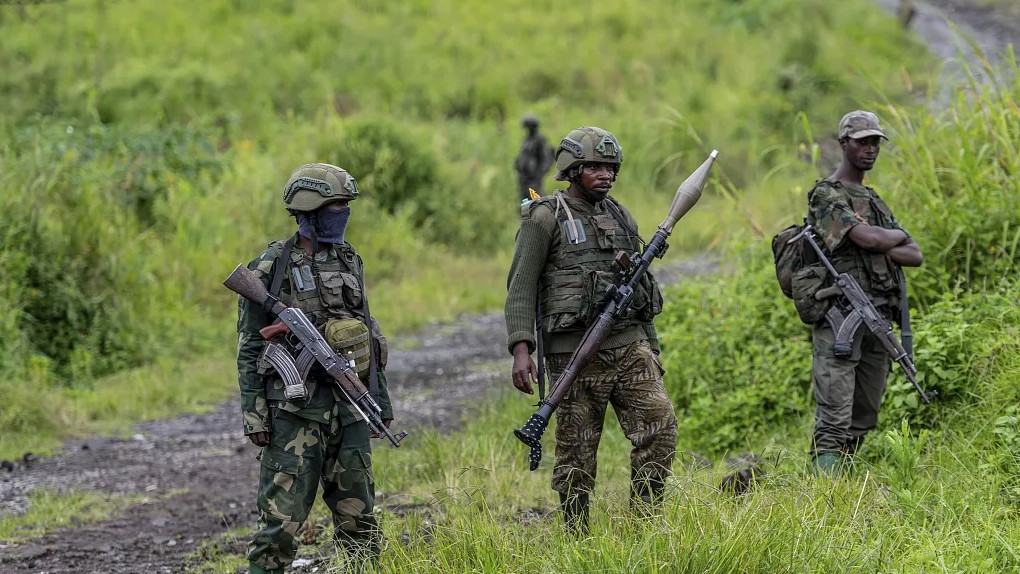Further Dialogue
Rwandan President Paul Kagame has again agreed to meet with the President of the Democratic Republic of the Congo (DRC), Felix Tshisekedi. President Kagame agreed to the meeting during dialogue with Angolan President Joao Lourenco in the Angolan capital of Luanda.
Angola has arisen as one of the primary mediators between Rwanda and the DRC, two nations which are rivals to each other.

Angolan Foreign Minister Tete Antonio announced that the African Union has appointed Angola and President Lourenco. The Foreign Minister also announced the future meeting, however gave no clues as to when and where the meeting would take place.
Tensions and Threats
Tensions between Rwanda and the DRC are going to be the primary topic for the talks. Tensions have been inflamed since the DRC’s M23 rebels relaunched their insurgency in 2021, in the North Kivu province. The DRC, France, the US, and the UN have all accused Rwanda of not only supporting the M23, but also of sending soldiers to fight alongside them.
Since the insurgency was relaunched in 2021, tensions between Rwanda have threatened to boil over into war. Several Congolese government figures, including Congolese President Tshisekedi, have called for war against Rwanda for the alleged support.
“I’ve had enough of invasions and M23 rebels backed by Kigali. If you re-elect me and Rwanda persists … I will request parliament and Congress to authorise a declaration of war. We will march on Kigali. Tell Kagame those days of playing games with Congolese leaders are over” – President Felix Tshisekedi, prior to his win in the December 20th election

Despite Tshisekedi’s recent promises of war with Rwanda, he had said in late February that he wants “to give peace a chance.”
“The context in which we find ourselves does not allow us to put into practice what I had said. Not because I can’t or don’t want to, but because there are enough initiatives that make observing peace a wiser attitude” -President Tshisekedi, February 22nd, 2024
Rwanda condemned the DRC’s “regime change” rhetoric, and has continually denied the allegations of support for the M23. They claim the DRC is using Rwanda as a “scapegoat” for what they say is the DRC’s inability to “solve its own problems”, regarding the instability in the DRC’s east.
In contrast to the DRC’s claims, are Rwanda’s own claims. Rwanda has continually accused the DRC of supporting the Democratic Forces for the Liberation of Rwanda (FDLR), a militant group based in the DRC which in its founding was comprised of former genocidaires from the Rwandan genocide. Rwanda accuses the DRC of fighting alongside the FDLR, and to an extent, integrating them into their military forces. The FDLR has launched attacks on both Rwanda and civilians within the DRC, and is a primary opponent of the M23. As well as the DRC and the Southern African Development Community (SADC) intervention force, the FDLR has been engaged with the M23 in recent clashes.

Notably, the DRC has also denied the Rwandan allegations of support for the FDLR. However, the UN has claimed that the DRC is, in fact, fighting alongside the FDLR as an ally. In essence, both sides are accusing the other of supporting opposing militant groups, and denying the others allegations, whereas the UN has said that both allegations are true.
The FDLR is also likely to be a key topic in talks between the DRC and Rwanda in the future.
Former Talks
The planned talks between the DRC and Rwanda are not the first to have taken place. Several different nations have hosted talks between Rwanda and the DRC, aimed both at mediating tensions between them, but also at ending the conflict within the eastern DRC, which has been ongoing for 30 years.
Within Angola itself peace talks were held, which established the Luanda roadmap, a plan aimed at ending the crisis and easing tensions. Evidently it, and other peace agreements like it, have thus far failed.
Many of the talks have focused on agreements between Rwanda and the DRC, and have made demands to armed groups in the eastern DRC, of which there are more than 120. Several of the agreements established have demanded the M23 to withdraw, and disarm. Some of the agreements they have (temporarily) adhered to, some they have not. The M23 has raised the point that they have not been invited to any of the talks held, despite being one of the primary subjects of them. When choosing to ignore the talks and agreements, this is the primary point they cite; that they were not a participant and thus are not subject to their agreements.


